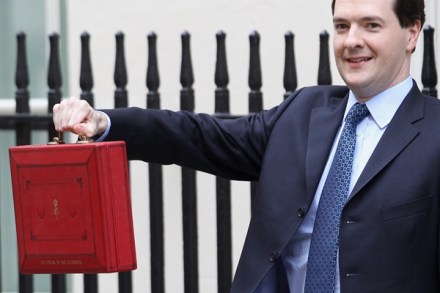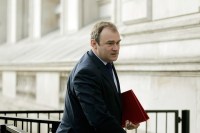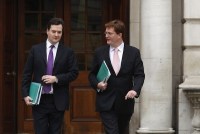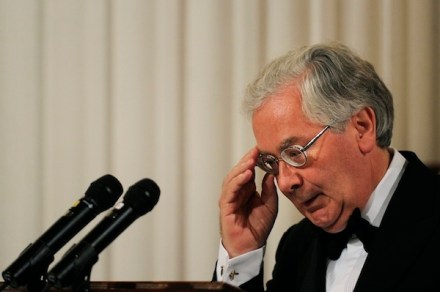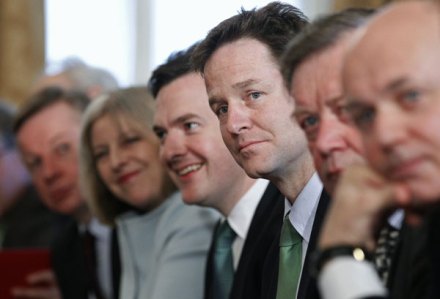When should George Osborne switch to Plan B?
Announcements from the International Monetary Fund are worded in such a way that everyone reading them comes away with something slightly different. So shortly after today’s report on the UK economy was released, Ed Balls put out a statement saying the report was a ‘very serious warning to the Chancellor that urgent action to boost jobs and growth is needed’. He concluded his press release by asking ‘how much worse do things have to get before the Chancellor finally changes course?’. Now, today’s report from the IMF is not cheery reading for George Osborne. It passes this bleak judgement on the economy: ‘Recovery has stalled. Post-crisis repair and rebalancing of the UK
